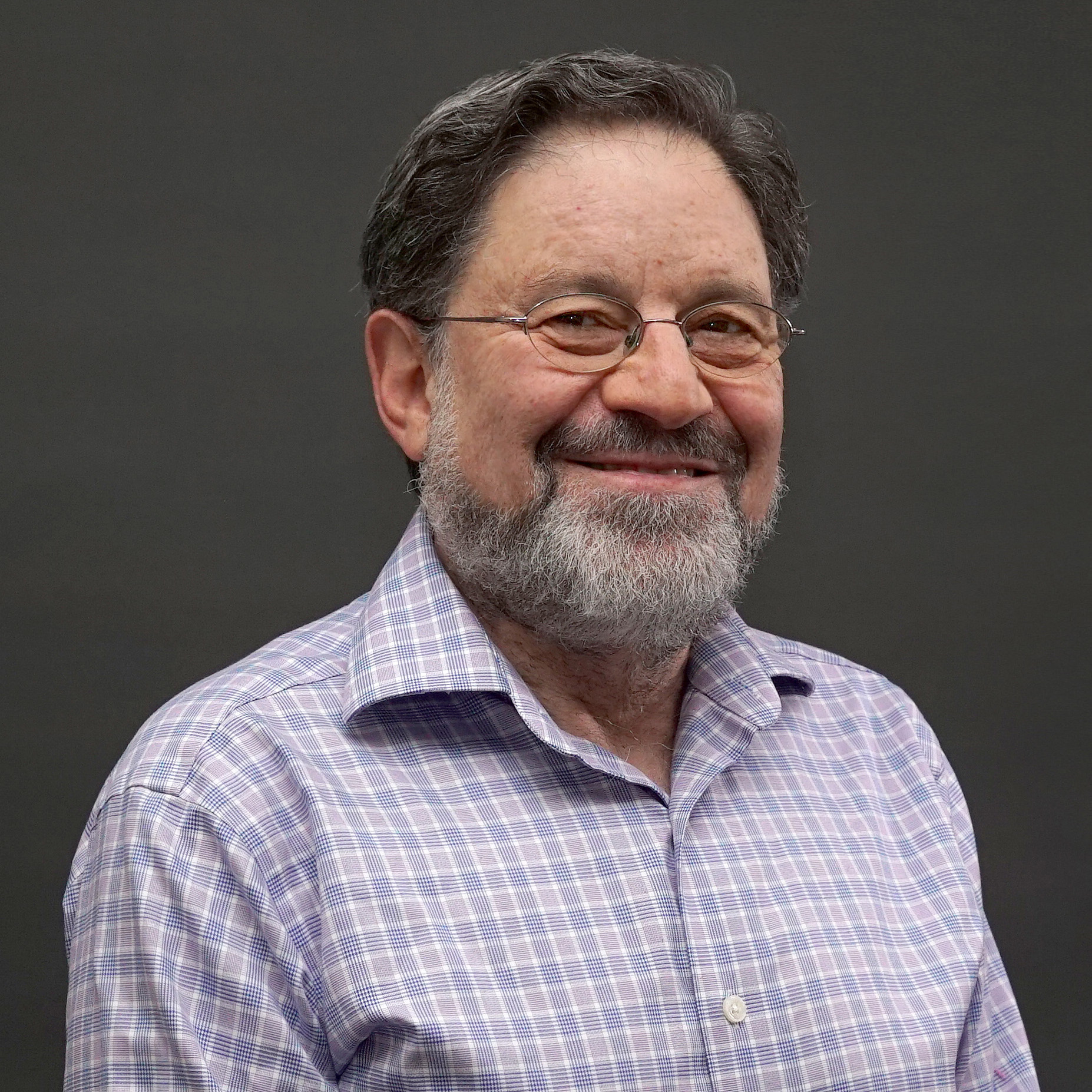
Dear Colleagues and Students:
Ever since the World Health Organization estimated that in this century a billion people will lose their lives prematurely due to smoking, there’s been a race to save more lives, more rapidly with new technologies that markedly reduce tobacco consumption and eliminate smoked (combusted) tobacco. These technologies have the potential to prevent over half a million American deaths annually, and 7.2 million deaths globally.
We know that nicotine isn’t what cuts smoker’s lives short; it’s the deadly toxins and carbon monoxide in the smoke.
So over the past decade, new products have emerged that substantially reduce harm because they do not combust tobacco. Vaping (e-cigarettes), which substitutes vaporized nicotine without any tobacco; smokeless products (SNUS); and heated-not-burned tobacco (IQOS) – all of these have become increasingly popular, and science shows they are helping smokers quit.
But the immense popularity of trendy e-cigarettes like JUUL has many people – from public health officials to parents -- understandably concerned. Underage youth are trying out these novel products in record numbers, and the challenge for society is to simultaneously protect them while helping adult smokers switch to less harmful nicotine products.
Our e-cigarette forum on campus last week exploring The Tectonic Shift in Nicotine and Tobacco Consumption couldn’t have come at a more opportune moment. In one room we assembled key policy makers and public health experts, including keynote speakers Mitch Zeller, director of the U.S. Food and Drug Administration’s Tobacco Product Center, and Iowa Attorney General Tom Miller, a long-time policy-focused lawyer. We heard from both optimists and skeptics as we examined this hotly debated topic, to seek common ground, achieve consensus, and make progress. (For those who missed this forum, we’ll have archived video available soon.)
We continued the debate this week in Washington, DC as we took part in the Food and Drug Law Institute’s meeting on Tobacco Law and Regulation.
With every gathering of experts, it’s increasingly clear that a confused public is awaiting our guidance. For those who have fought a losing battle with smoking for years, their health and longevity hang in the balance. And with a billion lives at risk this century, every day we delay is a missed opportunity to provide safer alternatives to cigarettes.


Dr. David Abrams and Dr. Ray Niaura
Professors of Social and Behavioral Sciences